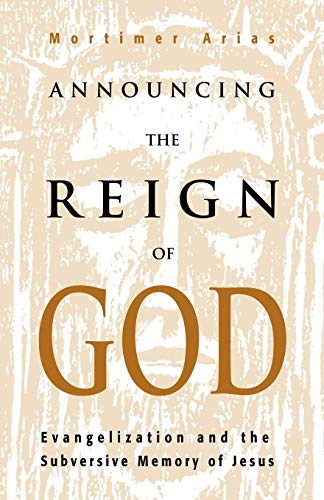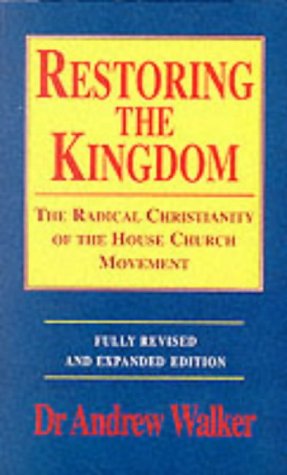In this book the author, who is the Vice President of Trinity Evangelical Divinity School, offers what he calls a ‘prototype of what we trust will be a whole new breed of commentary writing’. He believes that the majority of traditional commentaries fail to bridge the gap between the ‘then’ of the period of the message of the Bible and the ‘now’ of contemporary readers and hearers of the Word of God. They stop short after exegeting what the text meant to the writer and do not go on to say how this meaning yields legitimate principles applicable today. On the other hand homiletical notes and printed sermons usually do not reveal a detailed exegetical basis. Hence Dr Kaiser seeks to provide a ‘homentary’ which is a cross between the two genres. He hopes that it will serve both layman and pastor/ scholar, providing for both the spiritual and technical needs of teachers of the Word.
Dr Kaiser’s aim is a praiseworthy one, but even if achieved it will not make traditional exegetical commentaries unnecessary. History shows that good exegetical commentaries retain their value for decades, even centuries, just because they do not bury themselves in the concerns of a particular age or culture which are bound to pass away. However, there is a pressing need for works which, having laid an adequate basis of solid exegesis, move on to expound the meaning of the text in terms of its application to current situations. The present book seeks to do this, but with less success than one is led to expect by the publisher’s claims and the author’s Preface.
The exegesis is carefully and well done, without becoming too detailed or technical for the layman whom the author has in mind. There is adequate and helpful discussion of the well-known problem texts Mal. 1:11 and 2:15. The book of Malachi is very much a dialogue between God and the people, and Dr Kaiser is very good at making the reader aware of the dynamics of this dialogue and the flow of its logic. The weakness of the book is, however, just where one would have hoped it to be strong—in application for today. Here the tendency is to remain at the level of generalities. Principles are laid bare and usually their transposition from the Israel of Malachi’s day to the church is convincingly carried out, but only in general terms. Maybe if Dr Kaiser had gone further he would have limited the readership of the book to American evangelicals, with whose particular concerns and needs he would have engaged in detail. As it is he has provided a book that is a useful tool to a much wider circle, but its readers still have some hard work to do if they wish to apply Malachi’s message to their own situation. Preachers and study group leaders will find it a valuable guide to a rather neglected book of the Bible.
About one-third of the book is taken up by two appendices. The longer of them is a ‘suggested outline and worksheet for a syntactical-theological analysis’ of Malachi. It is a demonstration and application of the principles advocated in Dr Kaiser’s Toward an Exegetical Theology (Grand Rapids: Baker, 1981). This appendix is a useful guide to the task of exegesis, but to get full value from it one needs to read the author’s earlier book which explains the approach in detail. Blessed indeed is the full-time minister, let alone the lay preacher, who has the time to follow Dr Kaiser’s method fully when faced with the need to prepare two or three sermons and Bible studies a week!
The shorter appendix discusses the usefulness of biblical commentaries, and has some sane things to say. Included is the challenge of that prince of preachers C. H. Spurgeon to his ministerial students: ‘A man to comment well should be able to read the Bible in the original. Every minister should aim at a tolerable proficiency both in Hebrew and Greek. These two languages will give him a library at small expense, an inexhaustible thesaurus, a mine of spiritual wealth.’ Amen.
Ernest Lucas
Bristol Baptist College







